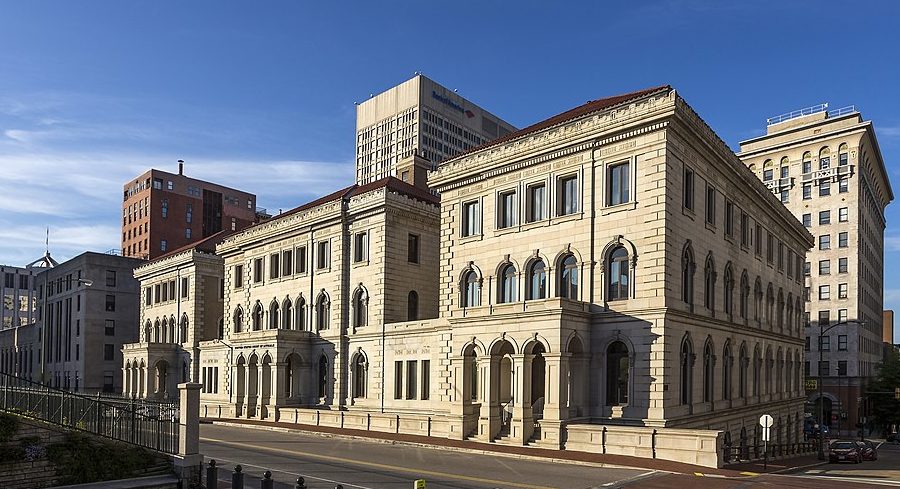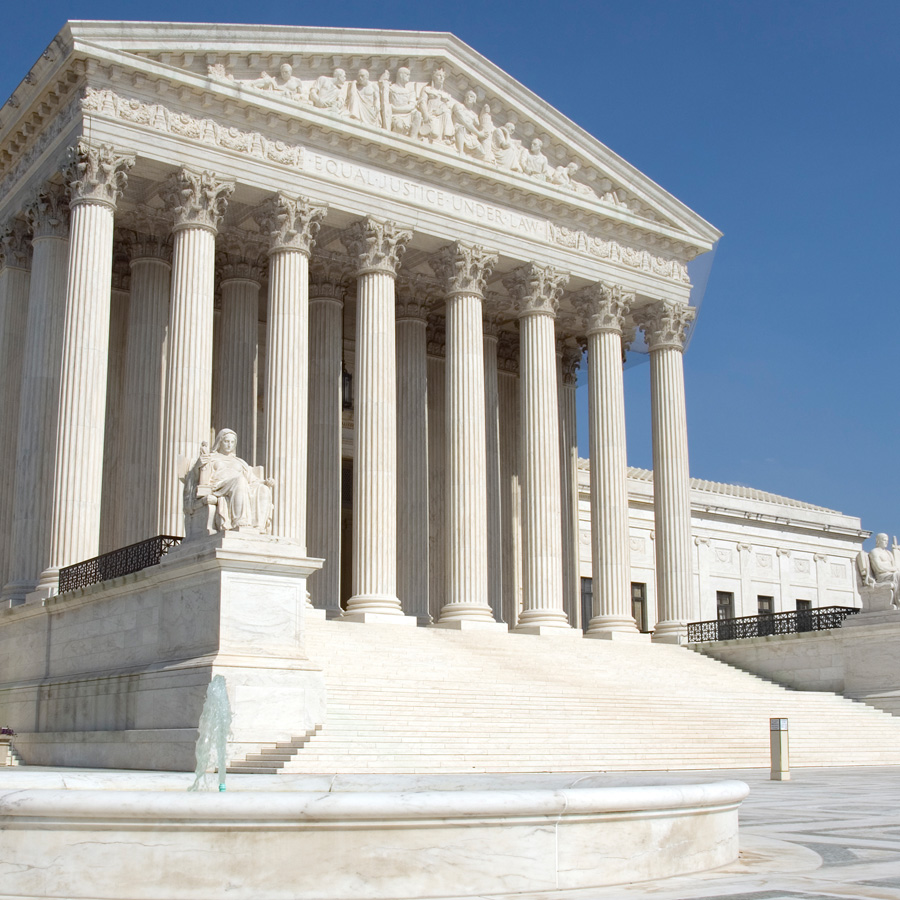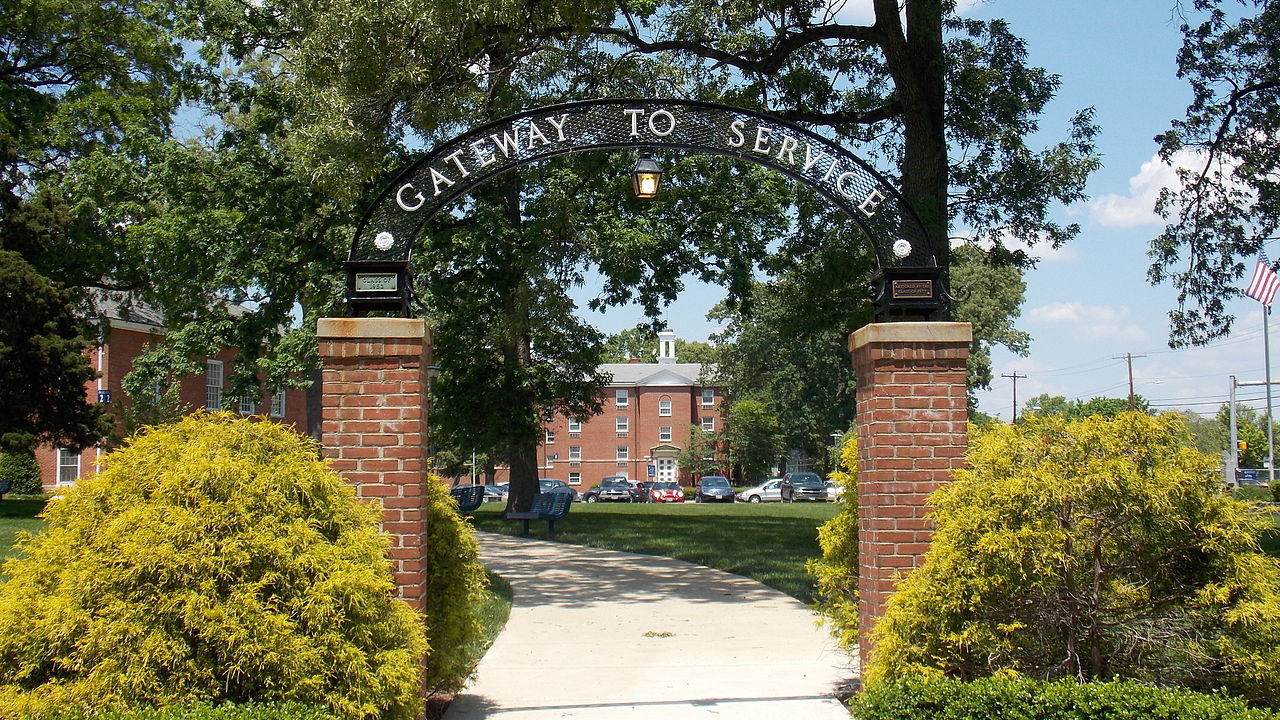Case Status: Victory
Columbia Union College v. Oliver
Updates on this case

Jun 2001
Federal appeals court okays state aid for Maryland religious college
Key victory for government funding of faith-based entities Washington, D.C. - In a landmark victory for religious liberty and…

May 2001
Key test today for government funding of faith-based entities
Federal court considers inclusion of Maryland religious college in state aid Washington, D.C. – The constitutionality of government funding of…

Aug 2000
Maryland found to infringe college's religious expression
Federal court says Columbia Union College must get state aid Washington, D.C. – In a landmark victory for religious liberty…

